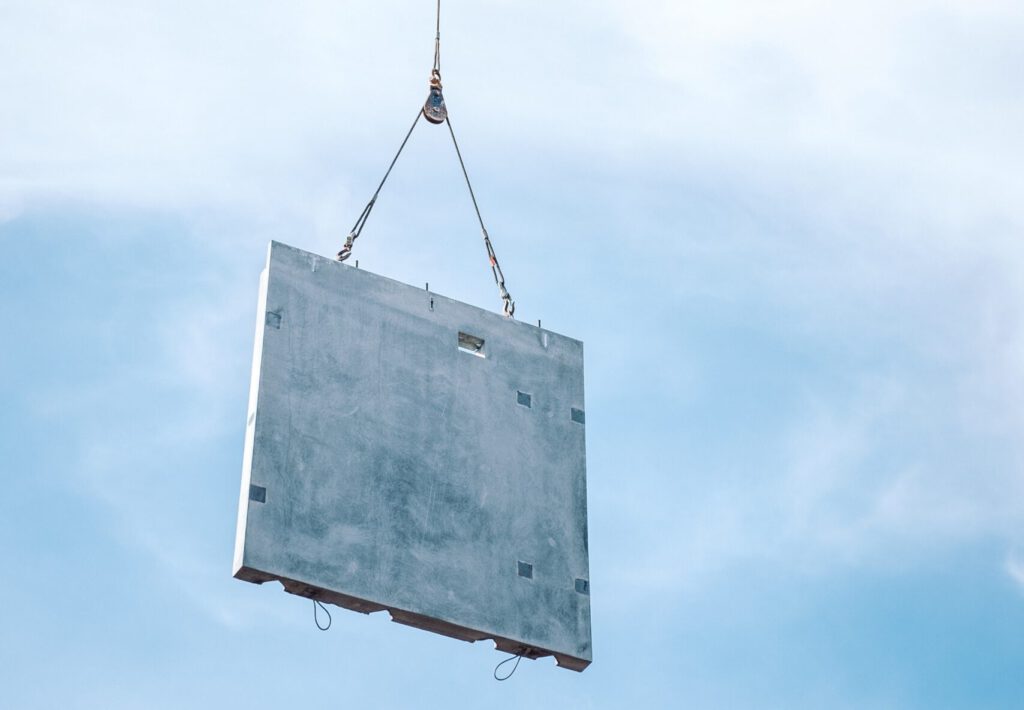25 breakthroughs are disrupting the Built Environment
December, 2022
The Built Environment Circular ClimAccelerator programme has kicked off to foster the circular economy transition.
Over the past two years, the circular solutions landscape has taken many steps forward.
With 43 start-up ideas accelerated in 2021 and 2022 through the Circular Cities ClimAccelerator, the EIT Climate-KIC consortium of partners together with GreenTech Innovation Hub have recently launched a new programme for scaling circular solutions revolving around the Built Environment – a fast-growing industry with significant climate impacts on Earth’s natural resources.
The open call for applications aimed at enrolling innovations aligned with circular practices such as modularity, upgradability, prolonged use and value retention of product components and materials in the building and construction sector.
Implemented thanks to Luvent Consulting and Tangent, Trinity College Dublin – longstanding partners in the circular economy – and GreenTech Innovation Hub, the programme has just kicked off its activities welcoming 25 business solutions from Europe and beyond.

A closer look at the start-ups' solutions
Selected through a resourceful pool of applications, the 25 teams provide diverse strategies to foster circularity in the Built Environment while providing disruptive solutions for climate mitigation.
To tackle the negative statistics given the fact that construction materials account for 50% of all raw materials extracted and concrete being the second most used substance on Earth after water, Silicate, UP Catalyst, Eco MN and 4Omid are challenging the status quo with their innovations.
Easy Housing, Terratonics, ConcAI, Aeternum LTD and Parastruct, on the other hand, have developed business ideas that perfect the building and construction industry by optimizing the aspects of design and production while Flinker, Pro Decipher and Orosi AI have presented their technologies targeting the construction planning phases.
In this particular time, energy efficiency and renewables play an important role in the quest for net zero, with estimates reporting that the average person spends around 90% of their day indoors, making buildings alone consume between 30 and 40% of the energy produced worldwide.
Conceiving sustainable alternatives for facing the current energy crisis and lowering the impacts of buildings’ energy needs, Zenit Solar, GS Renewable, Light Mirror, Preflet, EnergyBlind, CoBenefit and SoLight have entered the Built Environment Circular ClimAccelerator with bold solutions around energy efficiency.
In addition velow, Artificient and ReLi have designed climate-positive and green alternatives for transport and logistics, with the goal of scaling their business ideas and lowering the weight of CO2 emissions emerging from these areas.
Finally, start-ups like toboro, ihopa and ReLearn are promoting a circular socio-economic transformation by changing the linear production system of the built environment with solutions focused on reducing, repurposing & recycling.
Meet the most promising breakthroughs in the circular economy
On December 9th, the most promising business ideas accelerated through the Circular Cities ClimAccelerator and the Built Environment Circular ClimAccelerator will get together for a one-of-a-kind graduation day.
The Demo Day is open for public participation to climate circular innovators, investors, and prospective corporate and city partners and will be hosted in person at WISTA, Adlershof Technological Park in Berlin, thanks to the collaboration with Zukunftsorte Berlin.
Join our Demo Day and discover the 26 disruptive business ideas that are changing the circular innovations panorama register at this link.
To learn more about the start-ups enrolled in the Build Environment Circular ClimAccelerator visit our portfolio page and stay up to date through our website and LinkedIn page.
Author: Sarah Dozza
Editing: Eliana Silva and Breandán Goss
